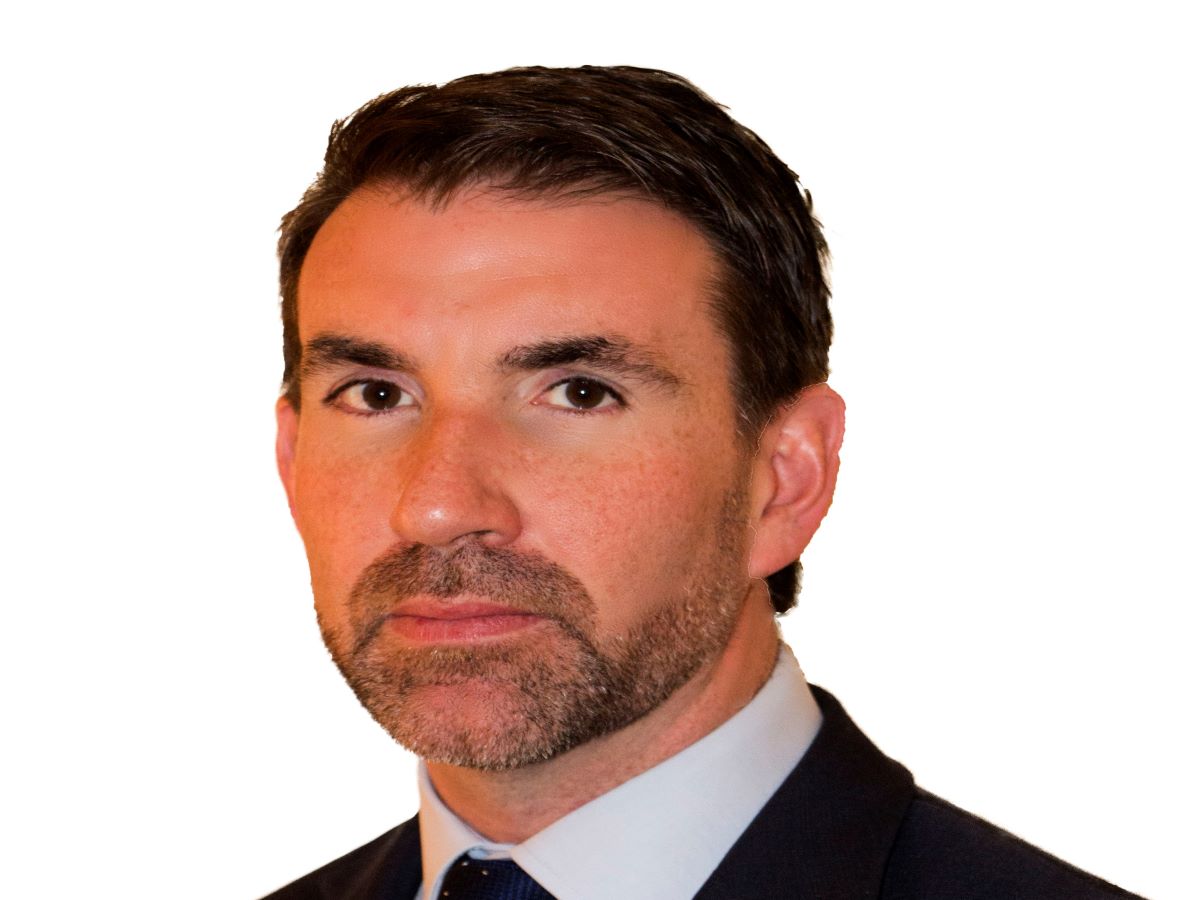Tom Kehoe, global head of research and communications at the Alternative Investment Management Association (AIMA) comments on the outlook for hedge funds in 2021.
In the face of unprecedented global disruption arising from the Coronavirus pandemic, assets under management for the hedge fund industry continue to break new records. The coming year is likely to see an acceleration of trends as the industry becomes more digitalised, more socially conscious and plays an integral part in the economic recovery from Covid-19. Below are the key trends that we see impacting the hedge fund industry during 2021.
Hedge funds to witness a renaissance as investors reinforce their interest
Strong hedge fund performance through 2020 in navigating a series of market drawdowns has not gone unnoticed by investors who report that hedge fund allocations have either met or exceeded their expectations. This sentiment has been loudly echoed through conversations we have held with asset allocators who are reinforcing their interest in alternative investment funds; investing in public and private markets as they seek diversification away from low interest bonds and high valued equities. A major rethink on portfolio allocation will see alternative investments play a greater role in investor preference, with hedge fund investing becoming more prominent.
New blueprint for hedge fund operating model to emerge
Having most of the world forced to work from home reshaped how businesses conducted their operations during 2020. More than most, hedge funds proved themselves to be highly adaptable and resilient in the face of a massive disruption. Their operations and ecosystems not only continued in an unprecedented and decentralised setting but worked almost seamlessly with little or no interruption.
With the end of the pandemic in sight, business operating models are being re-evaluated as hedge funds examine core processes, cost structures and hybrid working environments as they strive for efficiency in a new normal.
Culture to dominate the talent management revolution
While Covid-19 has caused job losses across the financial services industry, hedge fund managers continue to seek out the best talent while remaining mindful to also look after their own people.
Among the leading findings from AIMA’s Agile and Resilient paper is that the impact of remote working and its effects on employee wellbeing has seen culture and collaboration become an increased priority.
Defining a clear strategy as the industry considers the future of the workplace over the coming years will be critical. Related to a firm’s culture, talent flight is now the number one risk to long-term growth.
Digital transformation of the industry to continue apace
Remote working and forced lockdowns accelerated the digitalisation trend as Covid-19 reinforced the importance of having a strong technology backbone and infrastructure. Across the hedge fund industry, firms are investing to improve their digital infrastructure and ICT capabilities.
Many industries have started to include the use of alternative data as a key part of their business-decision making processes. We see a lot of opportunity for technological innovation to gain insights from alternative data and seamlessly integrate it into the investment process.
Elsewhere, the ecosystem for crypto-currencies and digital assets continues to develop. The past year has seen more hedge funds emerge with an increasing number of investors examining opportunities in blockchain and the distributed ledger technology (DLT) space. While this emerging alternative asset class is still relatively small, many analysts expect it to grow and yield more influence in the coming years.
ESG and responsible investment to grow in importance
Environmental issues and social justice movements continue to dominate the news. 2021 will see efforts ramped up to integrate ESG and responsible investment (RI) across investment products universally.
In terms of present attitudes towards ESG, a lot of the impetus is still contractual with asset owners primarily driving the push for ESG and RI. This will change significantly this year with the EU Sustainable Finance Disclosures Regime (SFDR) coming into force in March.
Sustainable finance is here to stay. At AIMA, we believe that alternative assets bring unique skills to the world of responsible investment given their flexibility and sophistication. While the industry is already working hard to deliver sustainable strategies to investors that seek them, regulation must not stymie this.
Private credit to play an integral part in the economic recovery
The value of private credit to investors and borrowers was subject to a rigorous examination during 2020. The pandemic has challenged the viability of many businesses and the jobs they provide. Governments around the world have provided unprecedented liquidity support yet many borrowers found themselves unable to access such schemes. A key finding from ACC’s Financing the Economy notes that private credit managers have helped fill this finance gap and were expected to have provided more than $100bn (£74.3bn) of new capital during 2020 and plan to be just as active this year as this credit cycle will continue to create opportunities.




